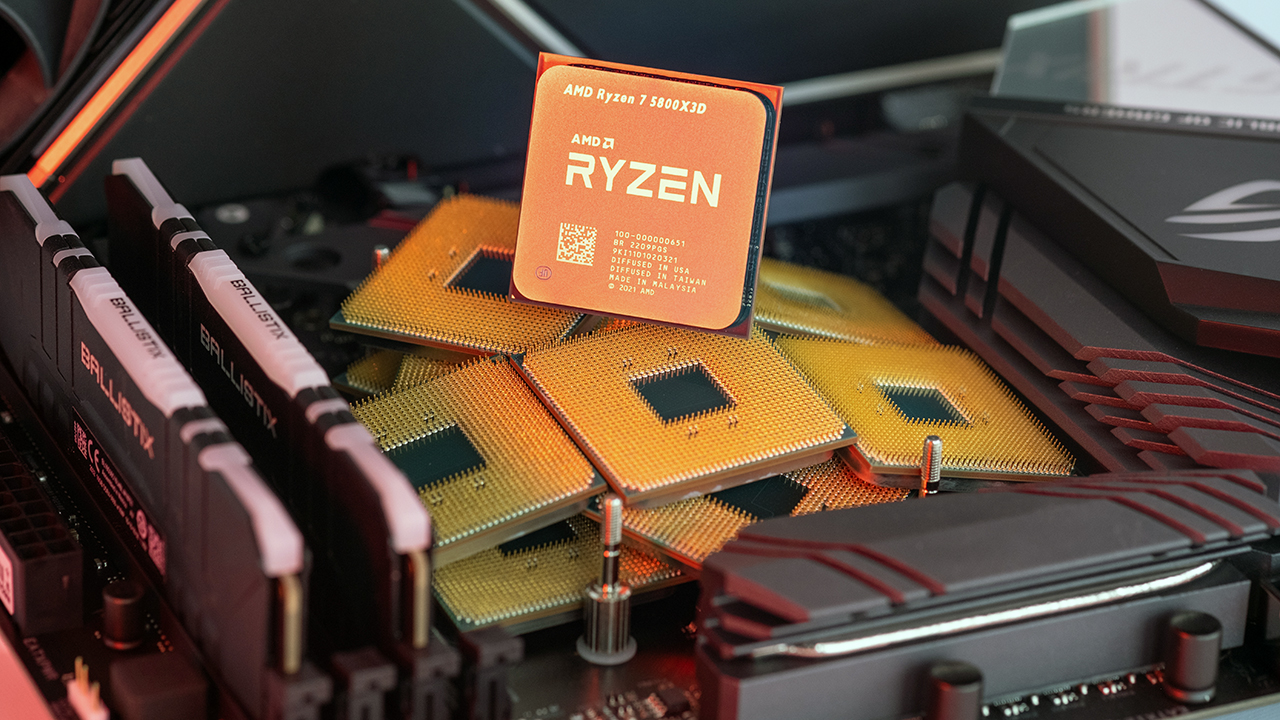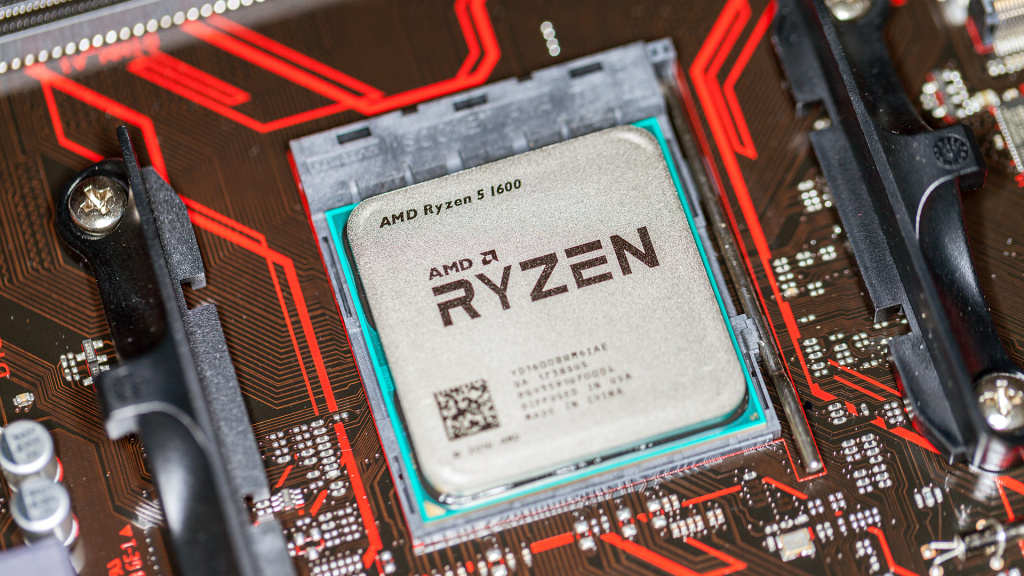
After a full 7 years, the first generation AMD Ryzen boards are still receiving new BIOS updates
Back in September of 2016, the first generation of AMD Ryzen AM4 processors was launched based on X370, B370 and A350 chipsets. Even the most optimistic owners of then-new AMD configurations did not expect that so many years would pass and their computers would still be current and receiving the latest BIOS updates.
The vitality of the AMD AM4 platform is incredible. The platform proved to be excellently designed and resistant to the influence of so-called “technological obsolescence”. AMD’s official promise was that the AM4 platform would last for the next five years. The promise was not only fulfilled, but also “fatally” exceeded.
The platform practically covered five different generations of processor architecture, four different steps in production technology and supported the operation of more than 125 different models of central processors and in addition experienced a variation of over 500 different models of motherboards. Unprecedented success and rarity in this part of the IT industry. Certainly one of the most successful processor platforms in PC history.
The AMD Ryzen AM4 platform is long-lived and still very fast
Although it is impossible to have all the latest features on the older generation of boards, since it has been partly surpassed in terms of technical characteristics, such as the support of only PCIe 3.0 specifications, AMD AM4 is still stubbornly in condition. Honestly, this previous information is not a particular handicap in practice.
 Shutterstock
ShutterstockWith the support of the AM4 platform to work with the AMD Ryzen 5000 series of processors and especially the Ryzen 5 5600 X3D model, this platform still delivers an extremely high level of performance that is competitive even with the last generation.
In contrast, Intel motherboards launched in the same period in 2017, based on the LGA1151 v2 standard and Intel Core processors of the eighth and 9th generations, have long been forgotten and stopped receiving updates two years ago.
After that, Intel moved on to the LGA1200 and 10/11 generation Core processors, then retired that too and launched the LGA1700 in 12/13. the Core model generation. Arrow Lake will arrive next year, whose base and boards will be changed to the LGA1851 standard. Intel has always adhered to the principle of changing the interface every two generations.
The AMD AM5 platform also promises a similar longevity to AM4, at least until 2026, and as things stand now, it seems that processors with Zen 6 architecture will also be able to be used on today’s motherboard models.
What is your experience with AMD AM4 processors and motherboards considering their great popularity in this area?